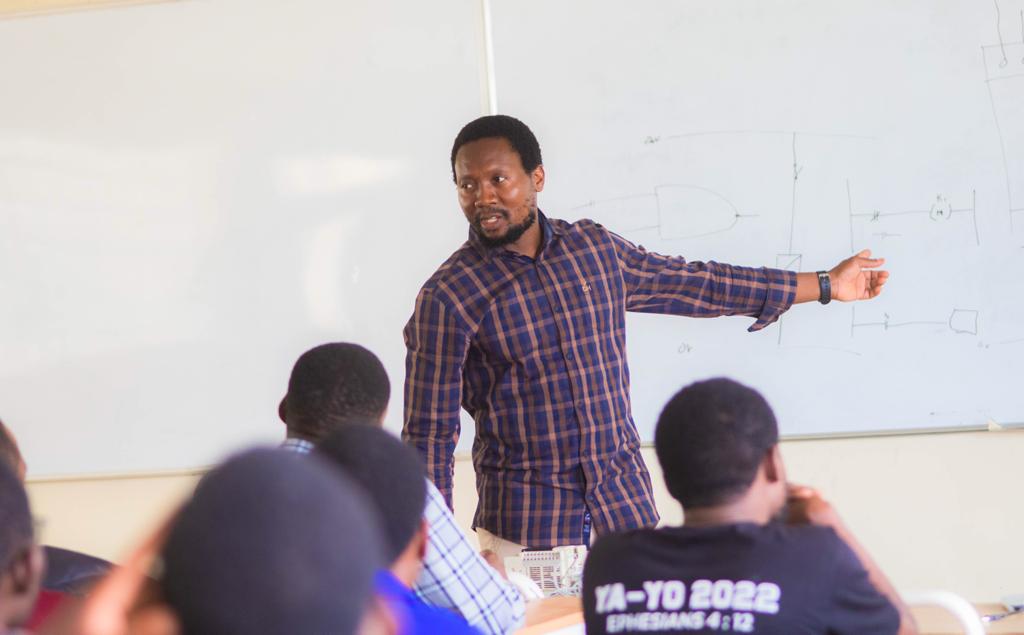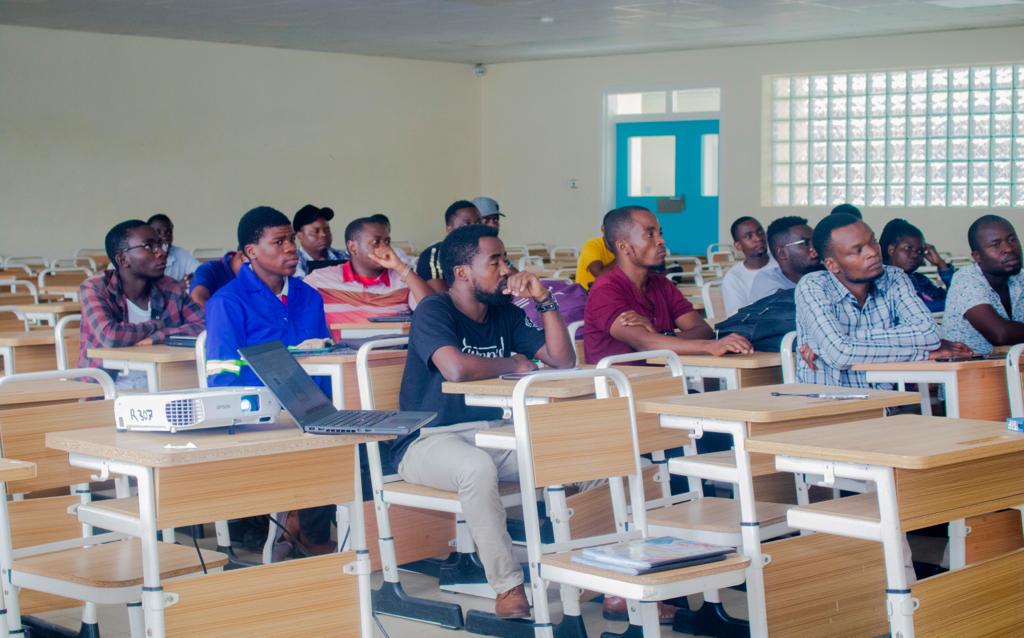
Skills Development Program
The Skills Development Program warmly invites individuals from various stages of the industry, including students, artisans, and engineers, all with unique goals. Whether you want to bridge theory and practice, enhance expertise, or stay current with industry trends, the program offers a tailored pathway. Through a comprehensive curriculum, hands-on training, and expert mentorship, participants acquire advanced skills for success in industrial automation. Join for a transformative journey that provides confidence and a competitive edge in the evolving field of electrification and automation.
Skills Development Program
The Skills Development Program warmly invites individuals from various stages of the industry, including students, artisans, and engineers, all with unique goals. Whether you want to bridge theory and practice, enhance expertise, or stay current with industry trends, the program offers a tailored pathway. Through a comprehensive curriculum, hands-on training, and expert mentorship, participants acquire advanced skills for success in industrial automation. Join for a transformative journey that provides confidence and a competitive edge in the evolving field of electrification and automation.
Skills Development Program
The Skills Development Program warmly invites individuals from various stages of the industry, including students, artisans, and engineers, all with unique goals. Whether you want to bridge theory and practice, enhance expertise, or stay current with industry trends, the program offers a tailored pathway. Through a comprehensive curriculum, hands-on training, and expert mentorship, participants acquire advanced skills for success in industrial automation. Join for a transformative journey that provides confidence and a competitive edge in the evolving field of electrification and automation.
Training Objectives
Provide hands-on training to enhance understanding and skills in modern industrial technology for students, artisans, and technicians.
Cover mechatronics systems, including electrical, electronics, pneumatics, PLC programming, and VSDs.
Bridge the gap between traditional education and the demands of the industry by offering practical knowledge.
Equip individuals in the electrical field with computerized industrial technology skills for working on complex machines.
Improve reliability, effectiveness, and productivity in the workplace by translating engineers' plans into successful projects.
Enable learners to create industrial projects encompassing system control, communication protocols, programming, parameterization, and commissioning.
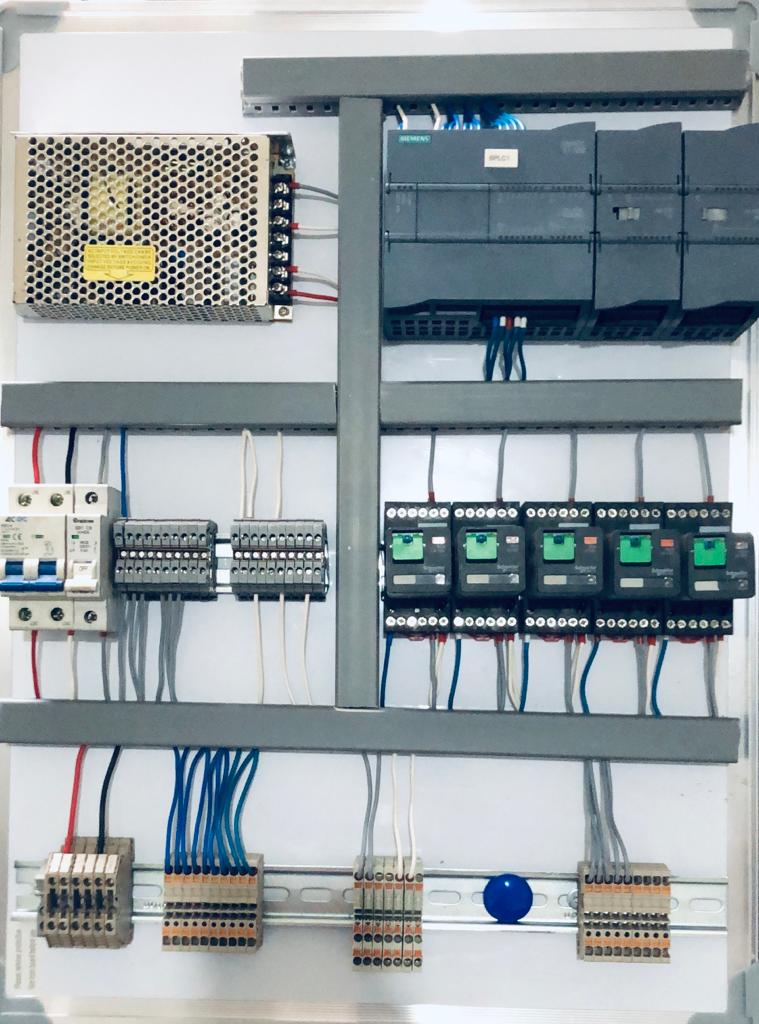


Programmable Logic Controllers
Programmable Logic Controllers
Programmable Logic Controllers
It is a specialized industrial computer used for controlling and automating manufacturing processes, machinery, and various types of equipment. PLCs are widely used in industries such as manufacturing, automotive, food processing, and many others to monitor and control different aspects of production, such as assembly lines, robotic systems, and other industrial processes.
It is a specialized industrial computer used for controlling and automating manufacturing processes, machinery, and various types of equipment. PLCs are widely used in industries such as manufacturing, automotive, food processing, and many others to monitor and control different aspects of production, such as assembly lines, robotic systems, and other industrial processes.
It is a specialized industrial computer used for controlling and automating manufacturing processes, machinery, and various types of equipment. PLCs are widely used in industries such as manufacturing, automotive, food processing, and many others to monitor and control different aspects of production, such as assembly lines, robotic systems, and other industrial processes.
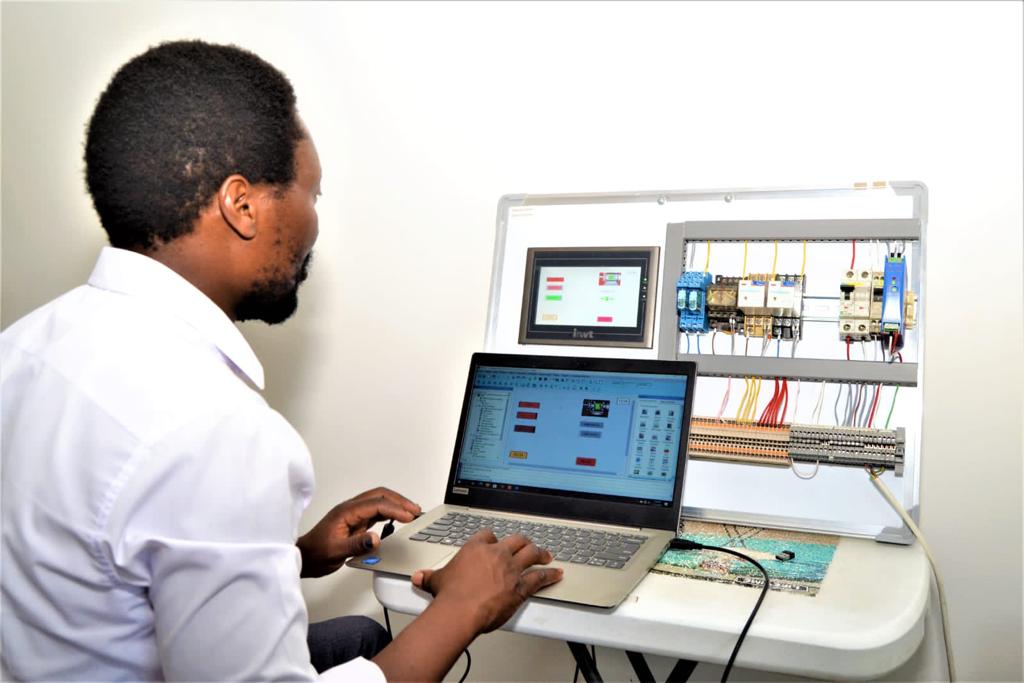


Human Machine Interface
Human Machine Interface
Human Machine Interface
A Human Machine Interface (HMI) is a technology or system that serves as a bridge between humans and machines. Its primary purpose is to allow humans to interact with and control machines, systems, or processes. HMIs are commonly used in various industries, including manufacturing, automation, transportation, and many others.
A Human Machine Interface (HMI) is a technology or system that serves as a bridge between humans and machines. Its primary purpose is to allow humans to interact with and control machines, systems, or processes. HMIs are commonly used in various industries, including manufacturing, automation, transportation, and many others.
A Human Machine Interface (HMI) is a technology or system that serves as a bridge between humans and machines. Its primary purpose is to allow humans to interact with and control machines, systems, or processes. HMIs are commonly used in various industries, including manufacturing, automation, transportation, and many others.
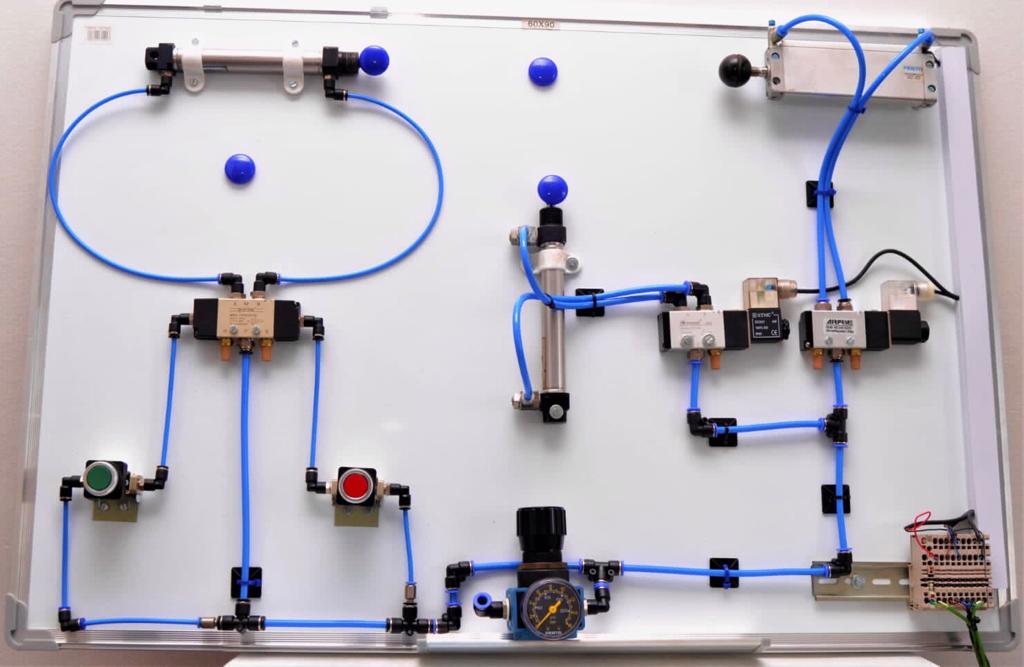


Basic Pneumatic Circuits
Basic Pneumatic Circuits
Basic Pneumatic Circuits
Pneumatic circuits are used in various industrial applications to control and automate pneumatic systems, which use compressed air to perform mechanical work.
Pneumatic circuits are used in various industrial applications to control and automate pneumatic systems, which use compressed air to perform mechanical work.
Pneumatic circuits are used in various industrial applications to control and automate pneumatic systems, which use compressed air to perform mechanical work.
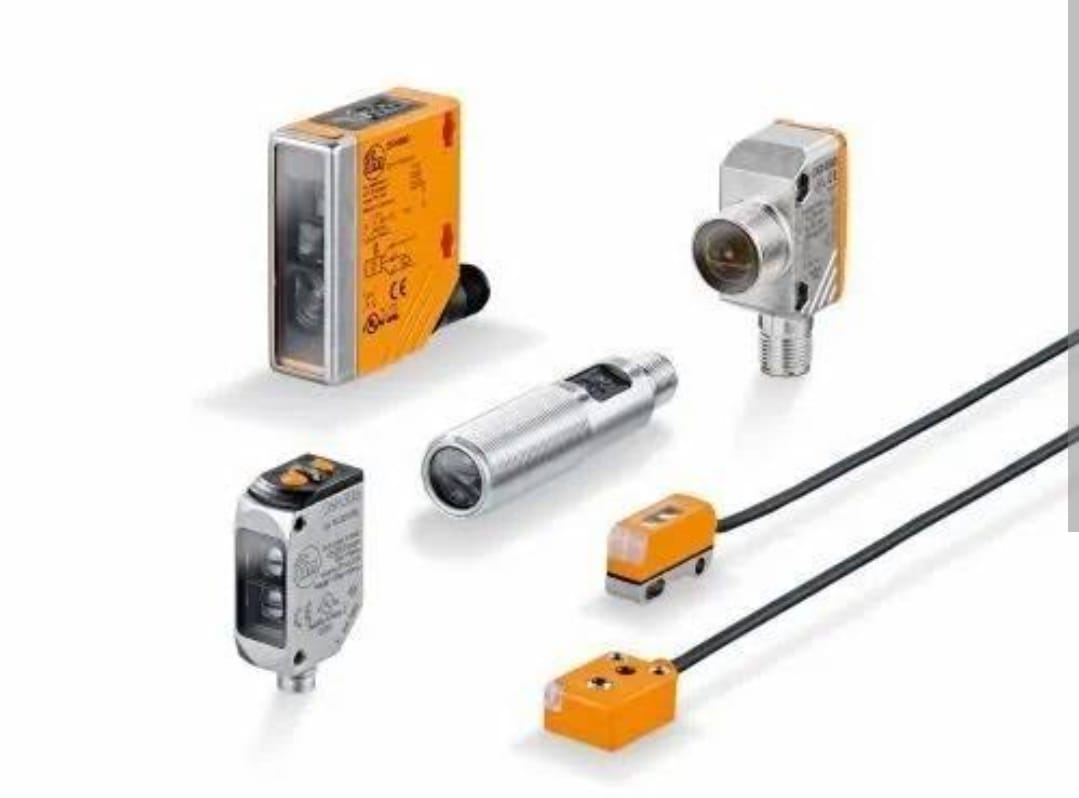


Sensors
Sensors
Sensors
Sensors are devices or transducers that detect and measure physical properties or changes in the environment and convert this information into a signal or data that can be understood, processed, and utilized by electronic or mechanical systems.
Sensors are devices or transducers that detect and measure physical properties or changes in the environment and convert this information into a signal or data that can be understood, processed, and utilized by electronic or mechanical systems.
Sensors are devices or transducers that detect and measure physical properties or changes in the environment and convert this information into a signal or data that can be understood, processed, and utilized by electronic or mechanical systems.


